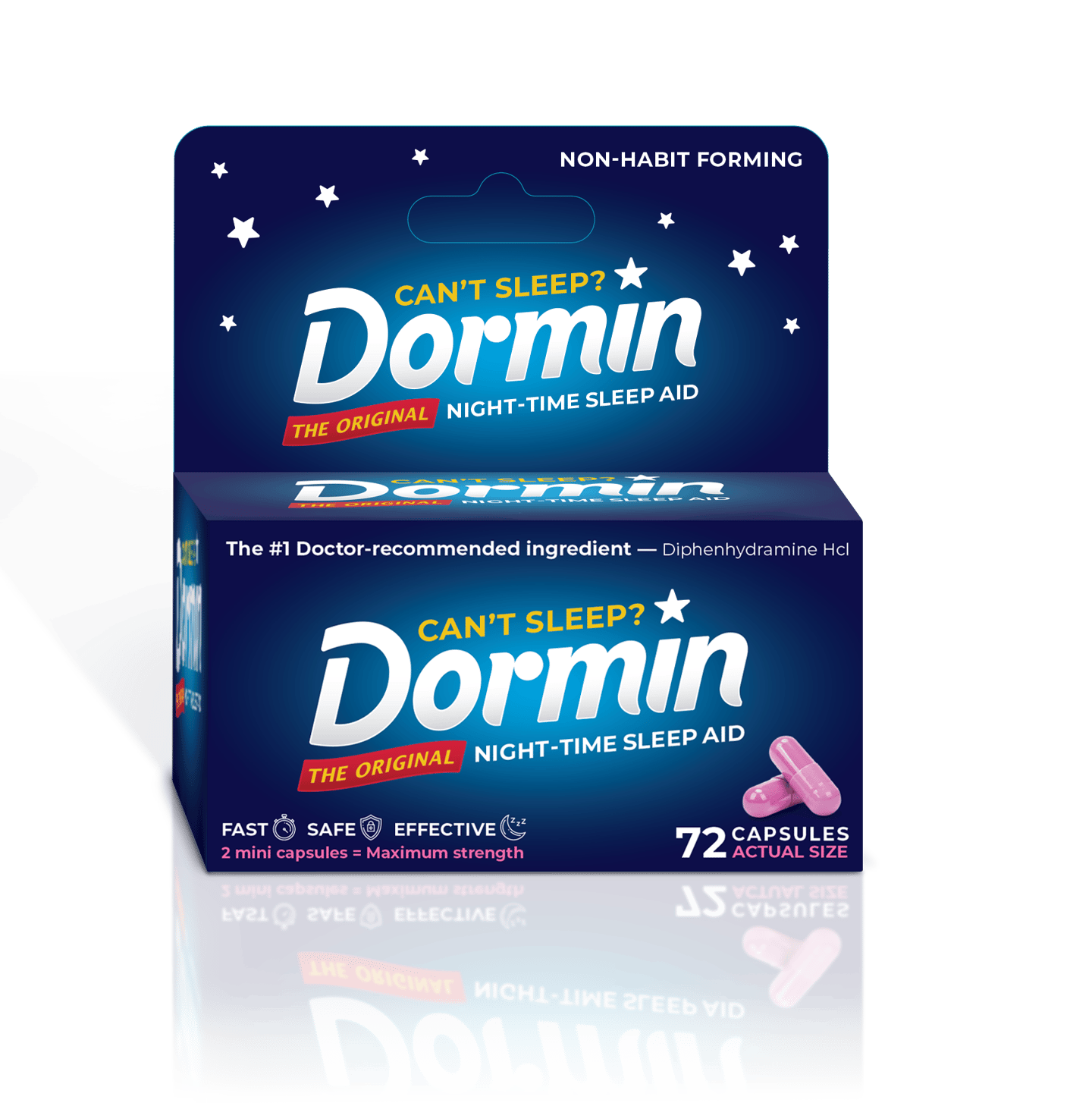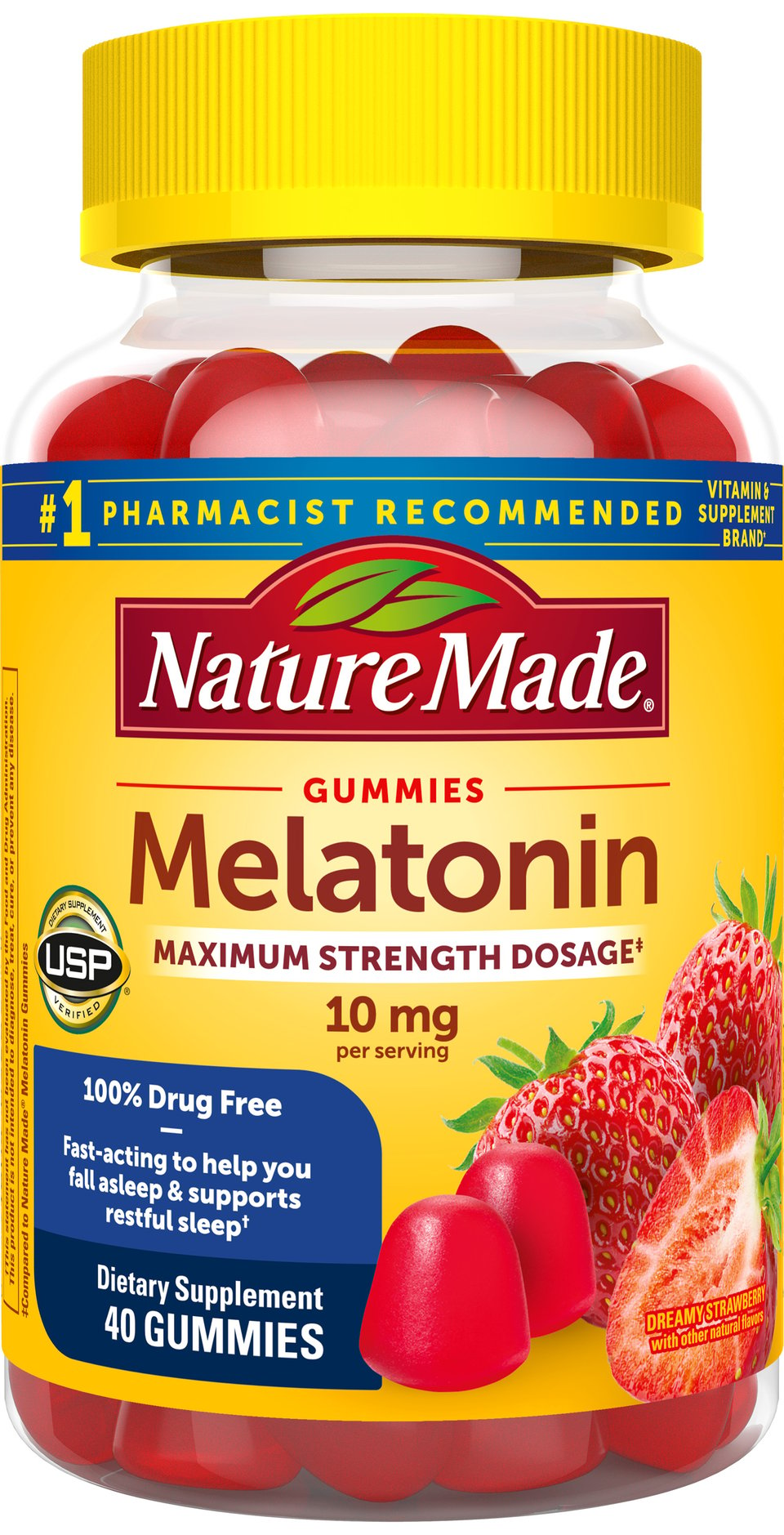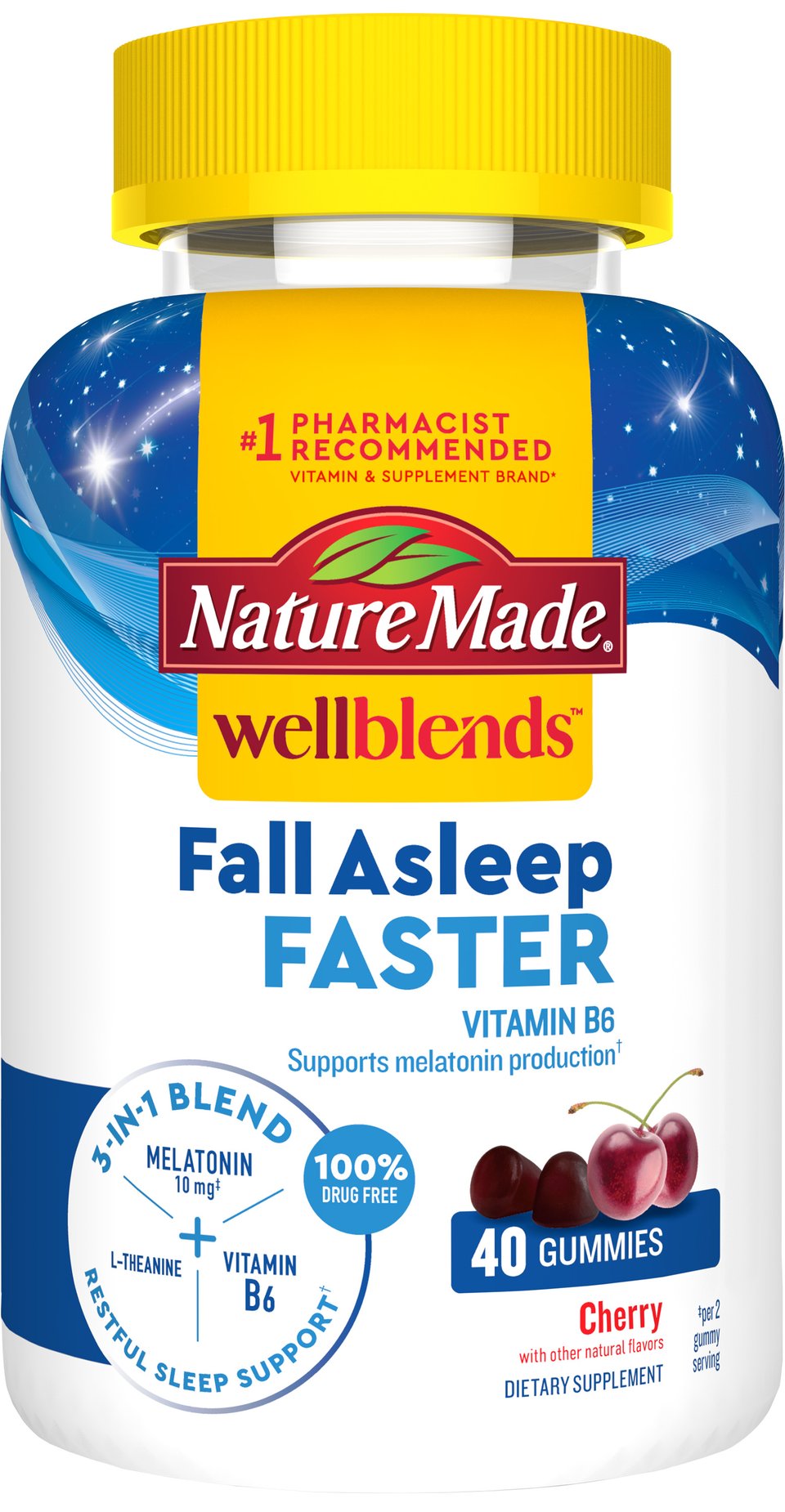Rest in Place
There’s nothing quite like a good night’s rest. Except, of course, when you can’t get a good night’s rest.Technology, stress, distractions and the general state of affairs have made it more difficult for some people to unwind.
Quality sleep is crucial to the body’s functioning, and extended periods of poor sleep are not to be ignored. There also has been a collective shift in attitudes toward sleep and sleep aids, prompting consumers to browse the drugstore aisles in the hopes of finding some relief.
[Read more: SmartyPants Vitamins debuts immunity gummy supplement for children]
“Getting a restful sleep is often an elusive goal for many adults, and with the increasing awareness of the correlation between sufficient sleep and overall health, the sleep aid category has seen double-digit growth across OTC products, natural sleep products, and devices, including those for sleep apnea,” said Jim Creagan, president of CrossingWell Consumer Health. “To get a better night’s sleep, consumers often seek a doctor’s advice and use a variety of OTC products and delivery forms.”
[Read more: Sports nutrition category is poised for growth]
As a result, the sleep products market has grown considerably, and it looks like it will continue to do so for the foreseeable future.
Melatonin’s rise and falter
People were already having trouble sleeping—then COVID-19 hit.
“The sleep category across all retail channels grew by double-digits prior to the pandemic and then exploded during the pandemic,” said MaryEllen Tefft, vice president of sales FDM at Boiron USA. “This was mostly attributed to stress, which is another category that grew exponentially.”
The sleep category has traditionally been dominated by OTC brands, but now growth is being driven by dietary supplements with ingredients that include melatonin.
Bryan Donaldson, EVP and chief sales officer of Pharmavite, said consumers can expect more melatonin dosage and form offerings in 2024. There also will be melatonin-free sleep aid supplements and products that feature targeted blends to support sleep. For example, Nature Made Wellblends Sleep Longer features melatonin, L-theanine and GABA.
However, melatonin has been the subject of recent debate. Scientific research has found mixed results on melatonin’s efficacy, labeling accuracy and long-term safety, especially among children. Melatonin is a synthetic hormone that can cause some drug contraindications and unpleasant side effects, such as grogginess, headaches, dizziness and nausea.
The meteoric growth of mass market sleep products has slowed. Tefft said that could be attributed to an inability to sustain such high growth, an overabundance of melatonin-based SKUs and concerns about taking melatonin. In the natural channel, which includes non-melatonin natural sleep options, growth remains strong.
Donaldson said sleep products remain the number two category in the vitamins, minerals and supplements space behind immune health support.
Melatonin-free alternatives
Creagan said retailers should try to keep a mix of sleep products on the shelves to help drive sales. They also should pay attention to trusted brands, such as Dormin, a diphenhydramine-based sleep aid that has been on the shelves since the 1950s.
“Retailers should maintain a sleep aid product assortment that ensures consumer needs are being met, as this is a high-trial category,” Creagan said. “This means an assortment of OTC and natural sleep aid products with at least the most popular delivery systems, such as capsules, gummies, liquids, etc. Consumers will base their purchasing decisions on the dosage format, brand and value.”
Tefft said millennials tend to search for products with natural ingredients for sleep and are willing to spend more on safer options. As a whole, consumers are much more savvy—and sometimes wary—about sleep aids. Homeopathic medicines, like Boiron’s SleepCalm product line for adults and children, are melatonin-free, gluten-free, contain no artificial sweeteners or preservatives and have no known medication interactions.
Brooks George, general manager of North America at Rhinomed, said consumers are still discovering the wealth of available sleep products, and they are interested in drug-free remedies, too. Rhinomed offers nasal devices and will be releasing a mouth tape later this year to make it easier for people to breath through their nose and prevent snoring. As the sleep market grows, retailers will have to find a better place to house all the products, he added.
“There needs to be a dedicated space,” George said. “Right now, some products are lumped in with common cold and allergenics and some are in the pain section. I think there needs to be a sleep and snoring section within one of those categories, or it needs to be its own category, like Amazon has.”
Still, George thinks drugstores are well suited to sell sleep products because if consumers are having trouble sleeping, they want to try and fix it immediately; they don’t want to wait for two-day shipping.
A lifestyle shift
Research has long told us that it’s important to get seven to nine hours of sleep each night, but it’s often been communicated as one aspect of wellness rather than an integral part of overall health.
“The pandemic served as a monumental trial and awareness event for the vitamin and supplement industry, as consumers quickly recognized the value of investing in their overall wellness and started exploring more holistic approaches,” Donaldson said. “Paired with the overarching societal shift toward embracing a more proactive approach to healthier living, it’s clear that consumers are more aware of how their systems are interconnected and in tune with how sleep impacts overall well-being.”
We know that restfulness can affect cognition, memory, stress levels, appetite and weight loss. Now research shows a correlation to pain, too. Tefft said that those with pain have difficulty falling asleep or staying asleep, and poor sleep can heighten pain sensitivity.
Poor sleep can be a vicious cycle with cascading effects, but Donaldson is encouraged to see more consumers, especially millennials and Gen Zers, prioritize health, wellness and sleep on social media.
“The integration of TikTok and other social platforms into mainstream culture offers nearly unlimited access to VMS information—as well as an ongoing parade of perspectives and experiences from other consumers,” Donaldson said. “This shift has reshaped how consumers engage with the category overall, as their curiosity and desire to learn has provided more opportunities to educate and drive awareness of VMS uses and benefits.”
Word of mouth has always been a driver for sales. As consumers try sleep aids, they will share what works and what doesn’t. George said social media has made it easier than ever for one person to reach a multitude, and that can cause products to fly off the shelves. He hasn’t seen a lot of sleep influencers—yet—but he has seen plenty of health and fitness influencers proselytize the benefits of sleep.
“I think we’ve emerged on the back side of a culture from the 2000s and 2010s, where it was almost a badge of honor to say how little sleep we could get and still function,” George said. “Getting a good night’s sleep is more of a focal point in our culture than it has been ever before.”
- Beyond Supplements
Sleep products are only part of the picture—and there is no one-size-fits-all solution to help people get a good night’s rest.
Brooks George, general manager for North America at Rhinomed, said consumers need to take a holistic look at their sleep habits.
“They need to be mindful of the issues that are causing their lack of sleep or bad night’s sleep because not all of them can be solved by any one sleep product,” he said, adding that a supplement isn’t going to address a nasal valve collapse or deviated septum. “There are a lot of factors that go into sleep, just as there are a lot of factors that go into nutrition or exercise that need to be examined on a unique basis.”
Jim Creagan, president of CrossingWell Consumer Health, noted that sleep aids should only be used on a short-term basis. If sleeplessness lasts more than two weeks, consumers should contact their doctor, as insomnia may be a symptom of an underlying medical issue.
Here are some other areas consumers can focus on to help them get a good night’s rest:
- Maintain a consistent sleep schedule;
- Limit the use of phones and other blue-light emitting devices before bed;
- Use weighted blankets;
- Reduce light exposure by using black-out curtains and/or eye masks;
- Listen to soothing nature sounds (e.g., crickets chirping, ocean waves) or colored noises (e.g., white, pink, brown) through noise machines;
- Practice meditating and other mindfulness exercises;
- Turn down the thermostat;




